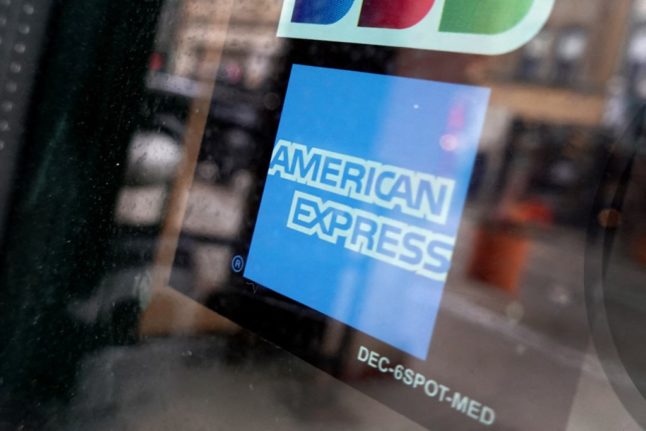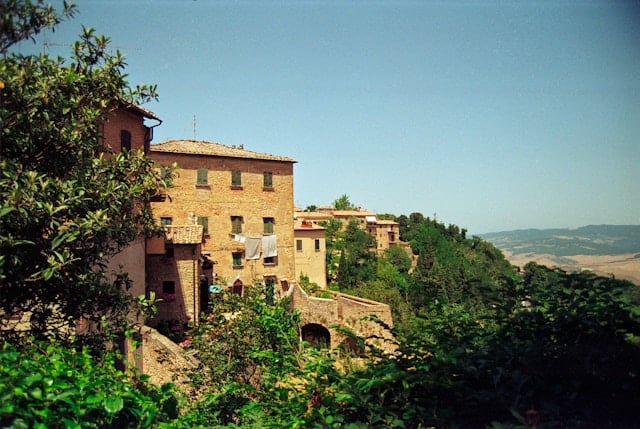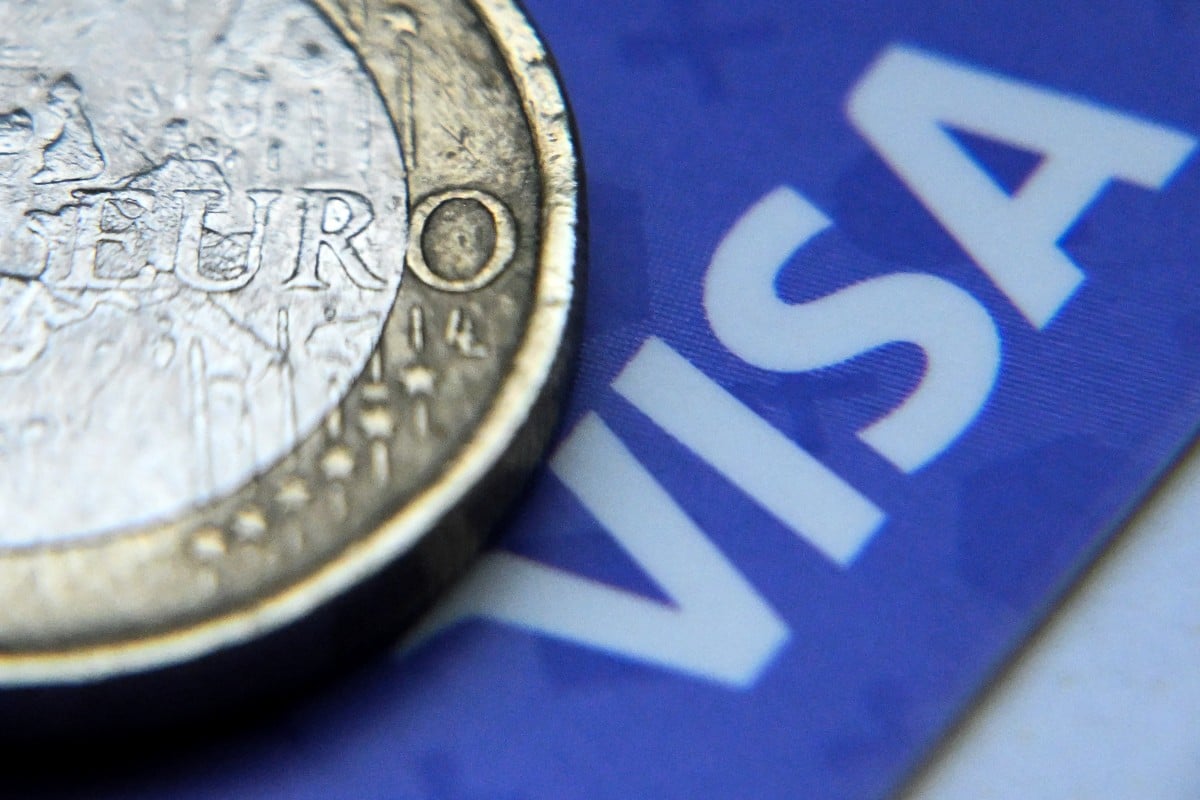While many European establishments do accept American Express cards, outside of the US they are significantly less common and many businesses, especially smaller ones, refuse them.
Why are American Express cards not accepted?
According to Forbes, it has to do with the fact that American Express is known for charging “higher merchant fees than other credit card networks.
“In other words: It’s more cost-efficient for many businesses (especially low-margin ones) to take Visa or Mastercard instead.”
The business magazine also noted that American Express credit card transactions made up just 4.61 percent globally, whereas Visa and Mastercard transactions were significantly more common – making up 38 percent and 24 percent of the market share respectively.
READ ALSO: Can I drive a friend or relative’s car in Italy?
What should I do if I have an AmEx card?
Travel blogs often recommend that AmEx holders bring along a Visa or Mastercard as well, in case they run into issues.
You can also consult American Express’s interactive map, which shows the businesses in Italy that definitely accept the card.
However, the map may not show every business that accepts AmEx, so feel free to ask (‘accettate l’American Express?’) before sitting down for a meal or making a purchase.
You can also look to see whether the store displays an AmEx sticker in the window.
Generally, American Express cards are less likely to be accepted in small businesses – neighbourhood restaurants, cafés or independent shops – due to the reasons outlined above. You have a better chance of your AmEx card being accepted in larger companies and chains.
AmEx is also accepted by Trenitalia and Italo, Italy’s two national rail companies, and is also accepted as payment by Rome’s public transport operator, Atac, to tap on and off the city’s buses, metros and trams.
Any other things to consider?
Contactless payment (often colloquially known as contact – as in, pago con contact) is becoming much more common in Italy, albeit only for lower-value purchases. If your AmEx card does not have the chip that allows you to tap and pay, then you may want to take cash out or bring another card along.
If you still have an old-style card that requires swiping and signing, be aware that most smaller Italian businesses do not have this payment option.
ATMs should accept your AmEx card, so you should not have any issues being able to put in your PIN and take out cash, though there may be fees.
You’ll also want to look into the transaction fees associated with your card. Some AmEx cards offer the benefit of no foreign transaction fees, while others still charge them.
Finally, while AmEx no longer requires cardholders to inform them ahead of time if they will be travelling abroad, they still recommend “keeping your contact information updated in case we need to contact you while you’re away” and “downloading the Amex mobile app to conveniently manage your account on the go.”




 Please whitelist us to continue reading.
Please whitelist us to continue reading.
In addition to using it for airline tickets back to the US (I am now an Italian resident), I put most of my supermarket shopping on the Amex card. That way I pay statements from my American bank account and draw down my more-limited euro funds/cash more slowly.